United Nations sanctions were reimposed this month by European powers through the “snapback” mechanism of the 2015 nuclear deal with world powers. Negotiations between Iran and the E3 – France, Germany, and the United Kingdom – were not successful in preventing the reintroduction of the sanctions, and Iran has signalled that it is not willing to compromise on its stance.
Recommended Stories
list of 3 itemsend of list
Iran believes that agreeing to the current deal proposed by the West – including a demand that there be a total ban on Iranian nuclear enrichment – would amount to a capitulation.
But the sanctions are further weakening an Iranian economy that is already suffering, with inflation now at more than 40 percent.
And that, coupled with mounting public frustration, is forcing the government to find policies that will stave off criticism, while political infighting bubbles under the surface.
Defiance
Supreme Leader Ayatollah Ali Khamenei has maintained a defiant posture towards the United States and its allies, saying in a televised speech earlier this week that Tehran would not “submit to impositions” by Washington.
He also shot back against Donald Trump personally, saying the US president used “a handful of empty words and buffoonery” during his trip this month to the Middle East for the Gaza ceasefire agreement. Trump said that the Gaza deal had come about partly because of Israel’s 12-day war with Iran, which began after surprise Israeli strikes in mid-June.
Iran’s top military commanders also maintain that they have recuperated from the losses sustained during the war, and remain ready to launch ballistic missiles and other projectiles at Israel and US interests again if the country is attacked.
“Our next response will certainly be stronger than the response to the 12-day war,” said Mohammad Pakpour, who was appointed commander-in-chief of the Islamic Revolutionary Guard Corps (IRGC) after his predecessor was assassinated by Israel.
To bolster this message and muster public support, Iran continues to emphasise nationalist sentiment – something the theocratic establishment hardly did before the war.
In the capital and across the country, authorities continue to prop up statues and banners depicting Iranian kings and mythical figures dating back centuries before Islam in an attempt to show that Iranians have pushed back armed enemies for millennia.
This week, a giant statue was unveiled in Isfahan’s Shahinshahr, depicting Rostam, a legendary hero in Persian mythology, atop his famous horse, fighting an evil dragon.
In addition, a municipality-backed organisation put huge screens on the sides of a truck moving through Tehran, depicting a Roman emperor being captured by a Persian emperor, alongside more modern imagery, including Iranian missiles being fired.
[Translation: When the pulse of the city bursts with pride. The message of ‘kneel before the Iranians’ is displayed in the streets.]
Iranians under strain
But even as Iran projects military readiness and nationalist pride, it faces worsening economic pain.
In addition to rising inflation, the local currency hovers close to an all-time low value against the US dollar, after Khamenei rejected direct talks with Washington.
The reimposition of the aforementioned sanctions is rejected by Iran, along with China and Russia, who argue that the original sanctions have now expired under the terms of the 2015 nuclear agreement.
But the diplomatic debate over the issue does not provide any relief for Iranians struggling under the weight of rising prices and stagnating wages.
Local restrictions remain in place, too, including on internet and GPS connectivity.
The Iranian government of moderate President Masoud Pezeshkian says it has not been able to lift the internet restrictions – despite a campaign promise that it would do so – because of the war with Israel. No timeline has been given as to when state blocks on almost all global social media, messaging services and thousands of websites may be lifted.
Major restrictions have existed for more than 15 years, and have only been intensified as part of a coordinated state effort over recent years.
There is infighting over the mandatory hijab, as well, with hardline factions calling for stricter enforcement of the dress code.
The beleaguered government, dealing with a budget deficit, an energy crisis and a slew of other woes, has said it is not spending money on enforcing hijab, but local reports suggest the so-called “morality police” vans are back in some cities in limited numbers.
The death in morality police custody of Mahsa Amini in September 2022 set off nationwide protests that lasted for months, during which hundreds of protesters and dozens of security forces were killed. Several people have since been executed by the state in relation to the protests.
Before that, an overnight tripling of petroleum prices in November 2019 had led to nationwide protests. Iranian authorities imposed their first near-total internet blackout during those protests, creating a precedent that led to an even stricter version during the war with Israel, which at one point left the country with 3 percent internet connectivity.
Concerned about more protests, Iranian governments have since paid billions of dollars in subsidies to avoid an increase in fuel prices despite the runaway general inflation. Pezeshkian’s administration this week again denied that it was planning to increase the cost of petroleum, in response to local media and hardline rivals in the parliament claiming that a price hike was imminent.
The government was able to finalise a long-gestating plan on Tuesday, with the president signing into law a bill that ratifies Iran’s conditional accession to the UN’s Convention for the Suppression of the Financing of Terrorism (CFT).
Subject to years of infighting between hardline and reformist camps in Iran, the legislation is among those required by the Paris-based intergovernmental Financial Action Task Force (FATF) to ensure compliance with international anti-money laundering and anti-terror financing laws. Those in favour say Iran will continue to be ostracised financially if remaining bills are not approved, while hardliners claim Iran will have more difficulty circumventing sanctions and funding its regional allies if it adheres to the financial transparency regulations.
Rival political figures in the spotlight
Several high-profile Iranian figures have also been dominating the attention of the public, the media and rival factions in recent weeks as the country remains entangled in disputes between world powers.
Chief among them have been the adviser to the supreme leader, Ali Shamkhani, and former President Hassan Rouhani.

Shamkhani – who survived an Israeli attack during the June war – was secretary of Iran’s Supreme National Security Council for nearly a decade until 2023, is a current member of a top military council, and runs a US-sanctioned shipping empire with his family that forms part of Iran’s ghost fleet of ships skirting oil embargos. Rouhani currently holds no official post, but remains an influential figure.
A one-year-old video was leaked online this week, showing the wedding ceremony for Shamkhani’s daughter, in which she appears without a hijab.
Foreign-based media opposing the establishment said the private video highlights corruption and hypocrisy among Iranian officials. But conservative local media said that the move was orchestrated from abroad to sow discord, and observers have noted that the ceremony appeared to be a women-only event, and close family members and the groom were the only men present, therefore negating the need for the bride to wear a hijab.
Rouhani is also heavily criticised locally, mostly over the disintegration of the 2015 nuclear deal signed during his presidency and its role in the snapback of UN sanctions.

Over the past two weeks, he has been bashed by hardline politicians for being a “traitor” and damaging the country through his dealings with the West.
Rouhani has also been criticised by Shamkhani for allegedly knowing and lying about the IRGC’s shooting down of Flight PS752, and blamed by his former central bank chief for allegedly emptying government coffers of gold coins during his presidency to plug budget holes.
Earlier in October, a United Kingdom appeals court upheld an earlier ruling ordering the seizure of the landmark London headquarters of the National Iranian Oil Company, worth about 100 million pounds (over $130m), to help satisfy a $2.4bn arbitration awarded to an Emirati firm.
The ruling is rooted in a gas supply deal Iran reached with a firm in the United Arab Emirates in 2001. The deal was backed by Rouhani’s government, but fell through after opposition from hardliners, leading Iran to be forced to pay hefty damages. Both sides continue to blame each other.
Barred from state television run by the hardliners, Rouhani released another video online this week and said that relaxed restrictions in the immediate aftermath of the war with Israel had now vanished. Without naming any specific laws – but in a likely hint towards the hijab rule – he said that any law that is opposed by 90 percent of a society is “pointless”.
Also creating controversy this week in Iran was Major-General Yahya Rahim Safavi, a former IRGC chief and top military adviser to the supreme leader, who told state television he wishes for a “good martyrdom” like being killed by the US or Israel, as opposed to dying in a bed or a swimming pool.
His comments enraged the family of late former President Akbar Hashemi Rafsanjani, a founding father of the Iranian establishment after the 1979 revolution and the top backer of the reformist camp, whose death in a swimming pool in 2017 changed political dynamics within Iran.

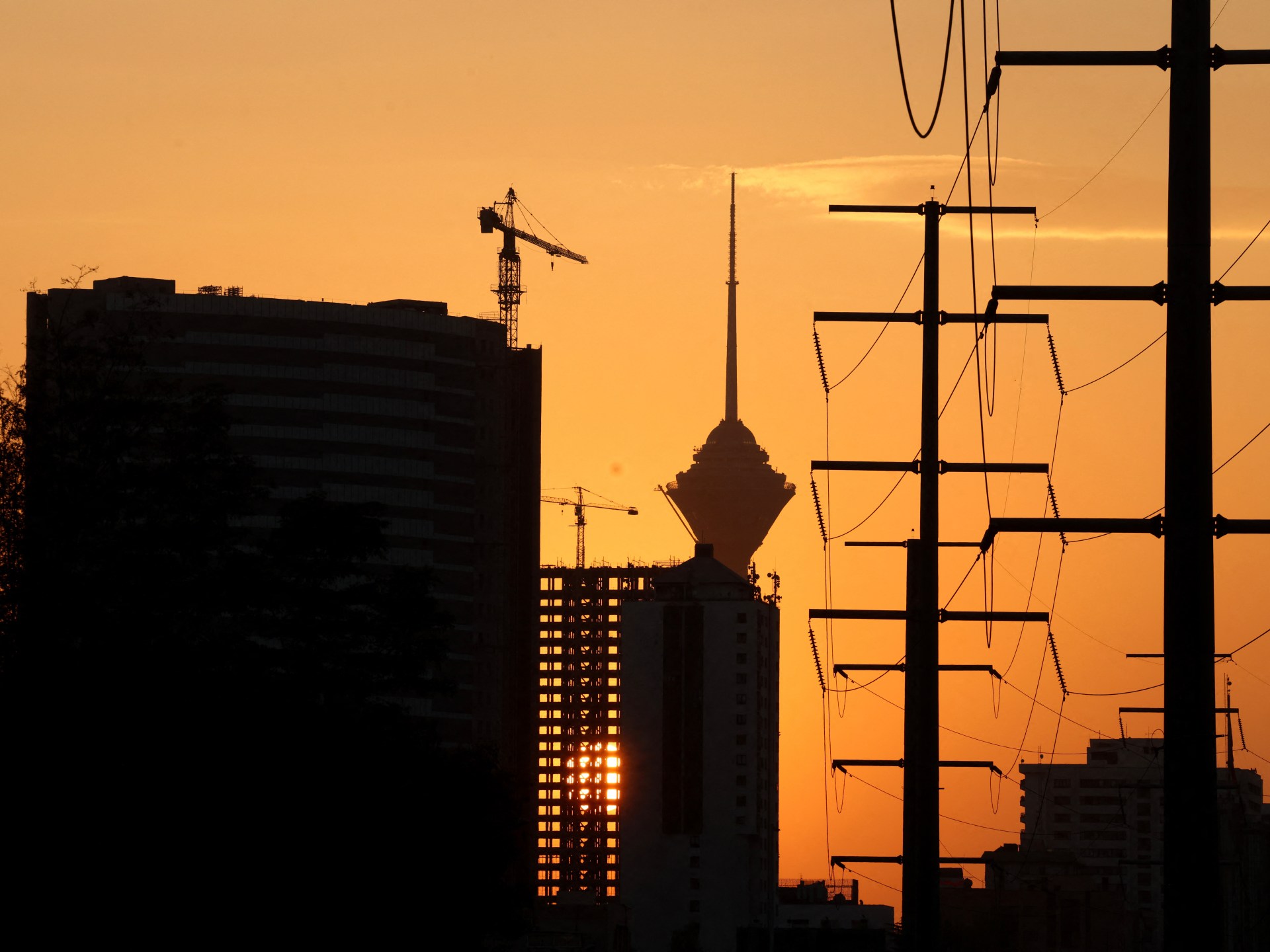
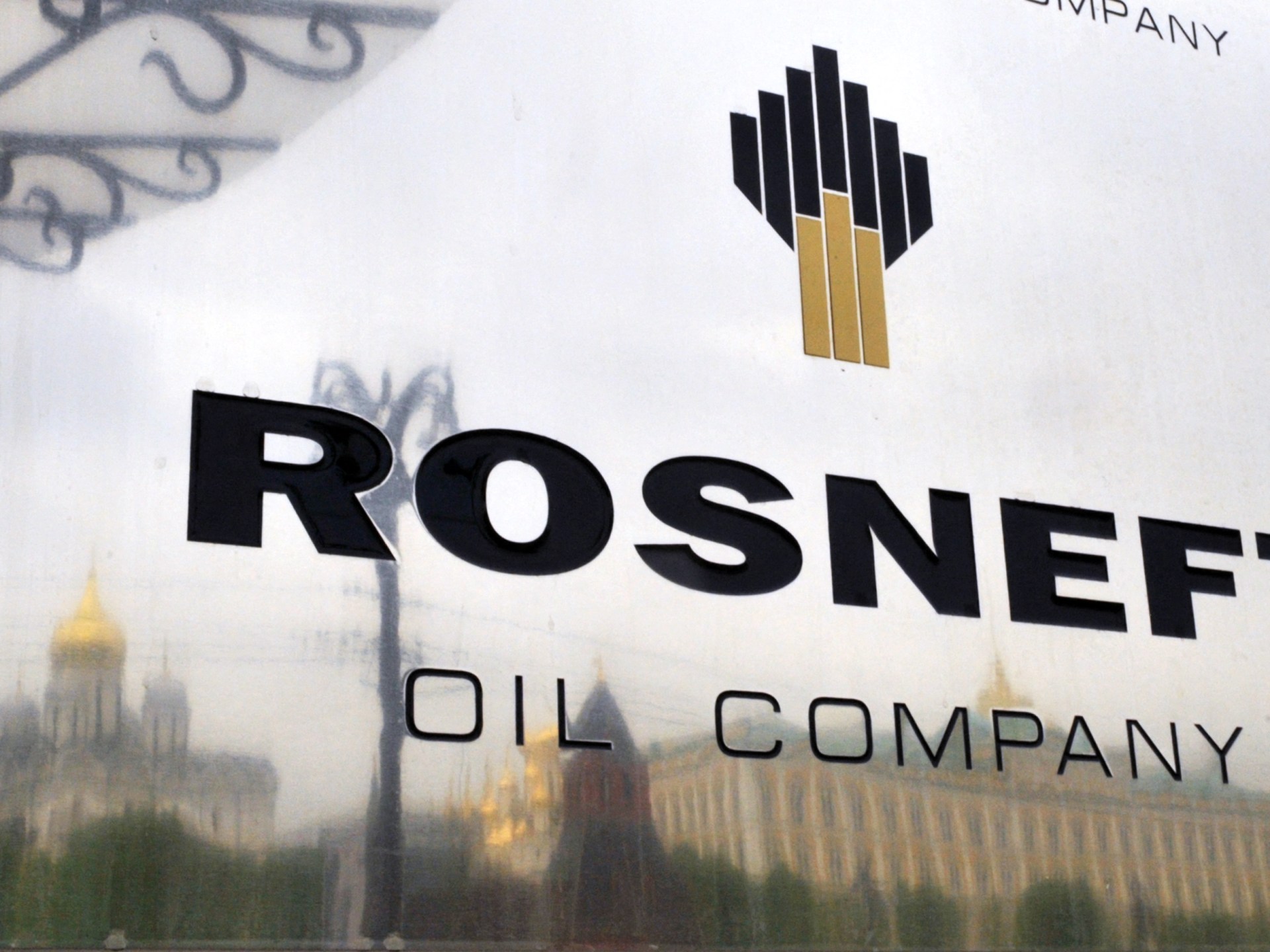
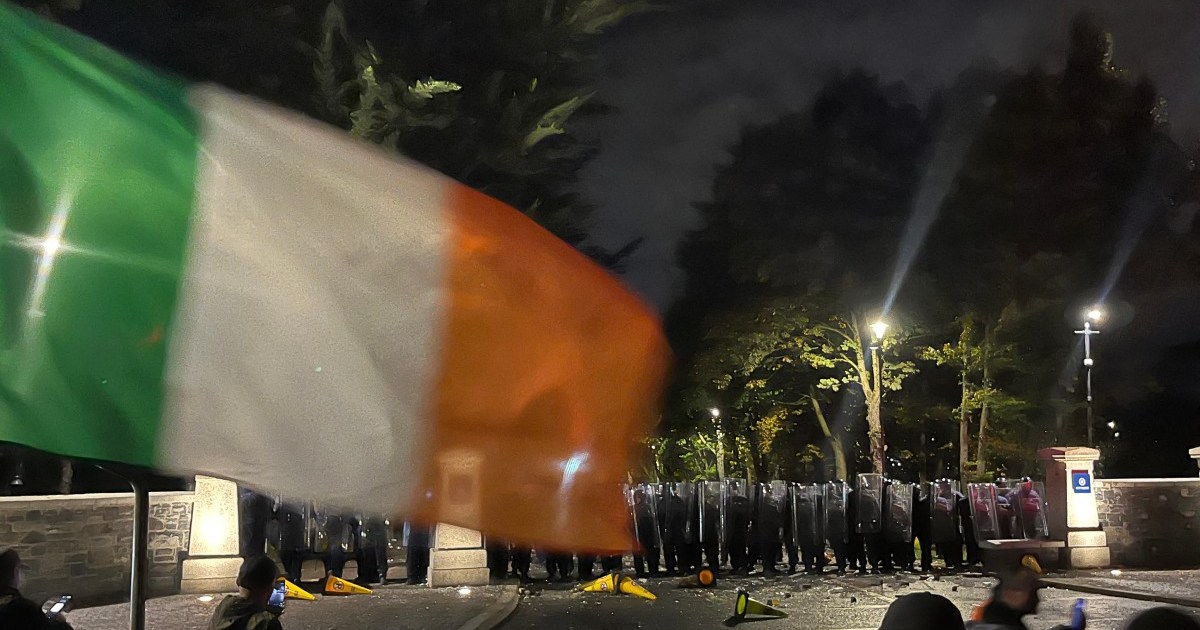
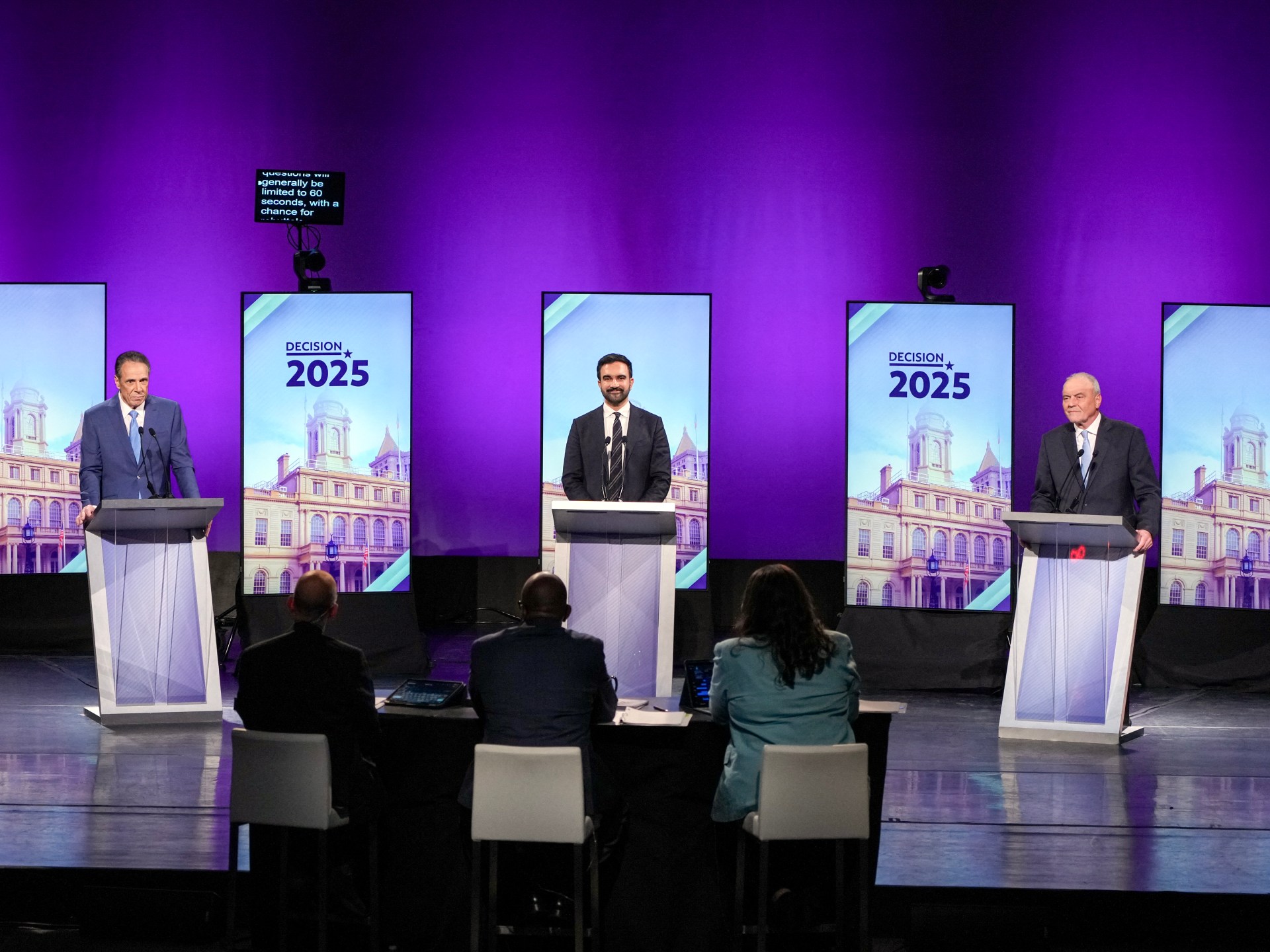
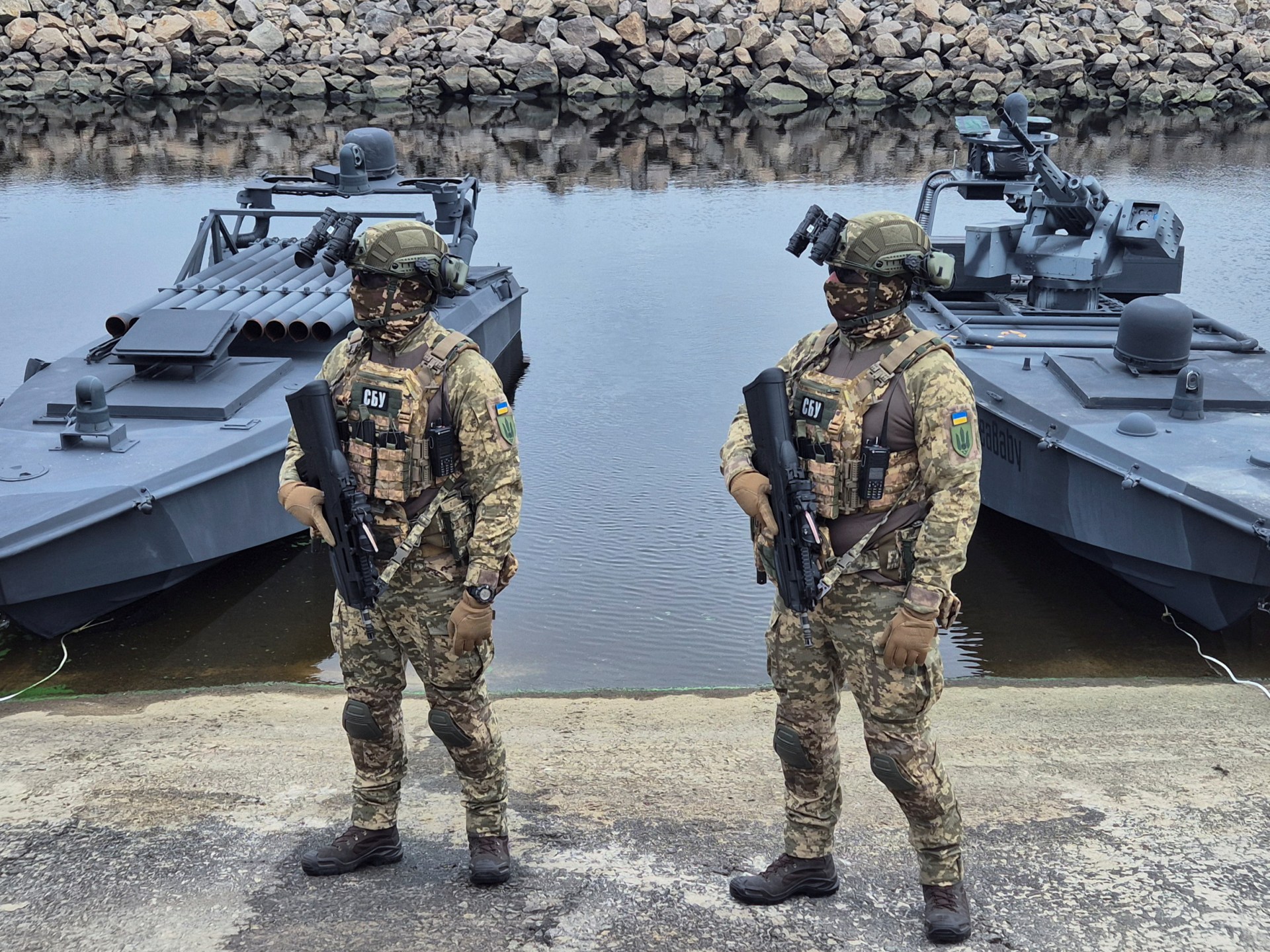
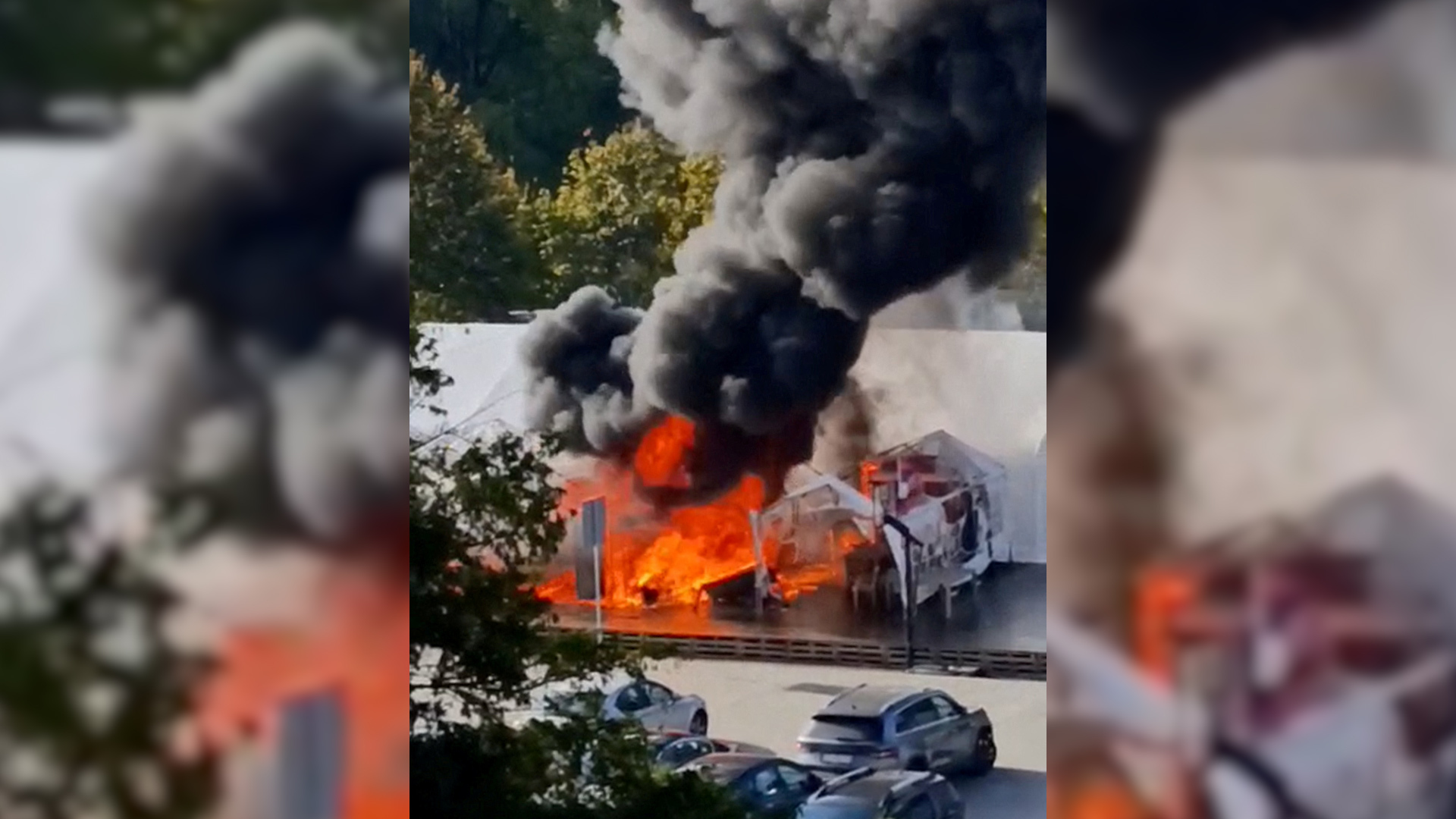
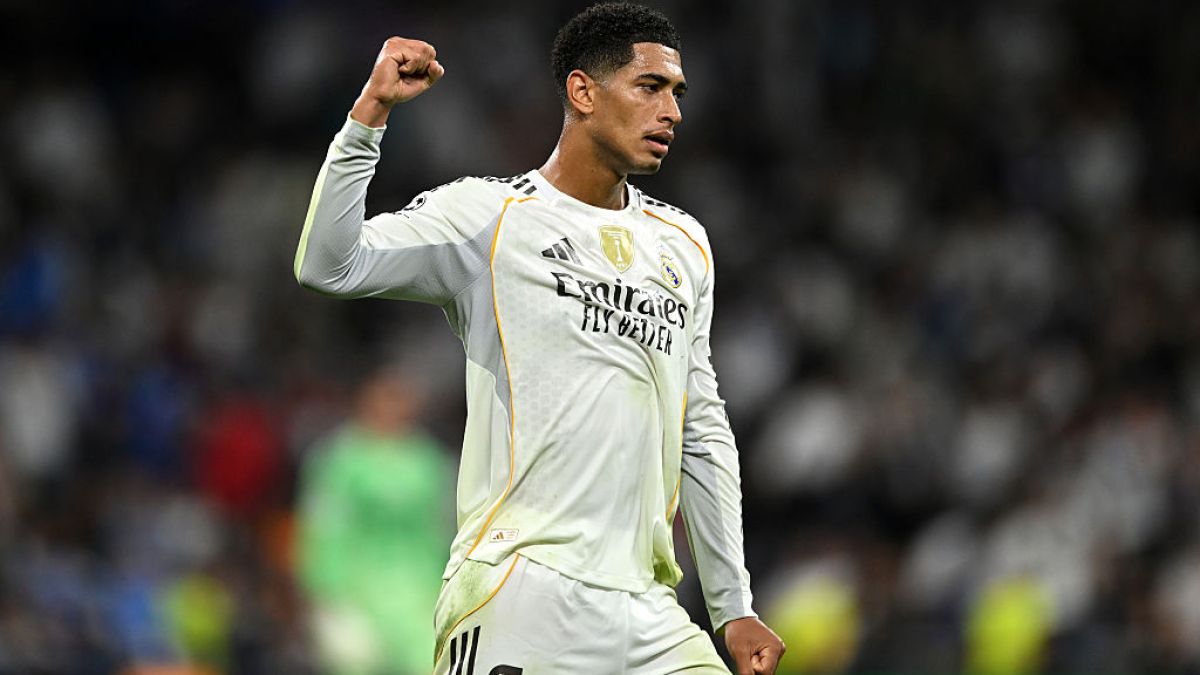
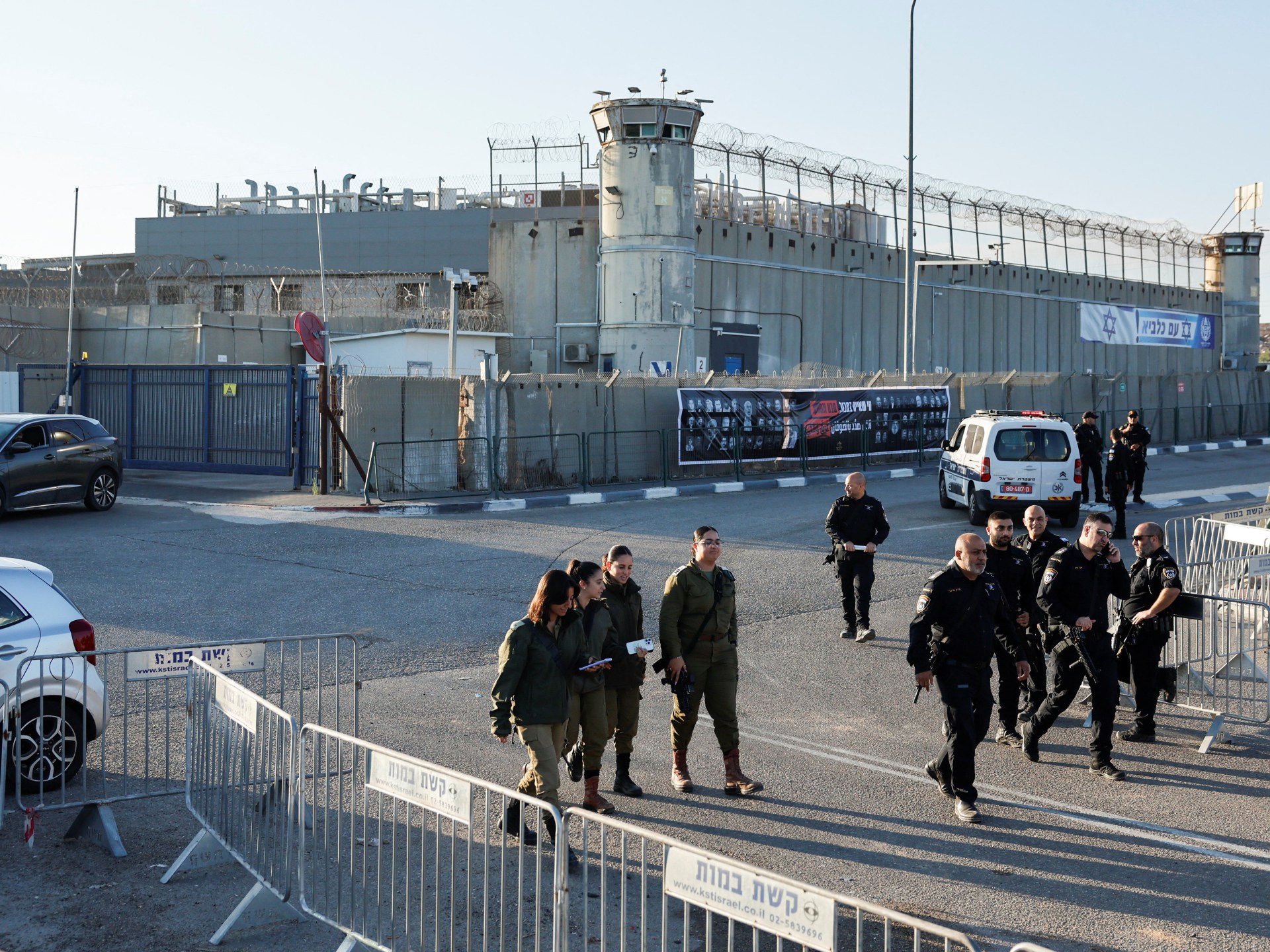
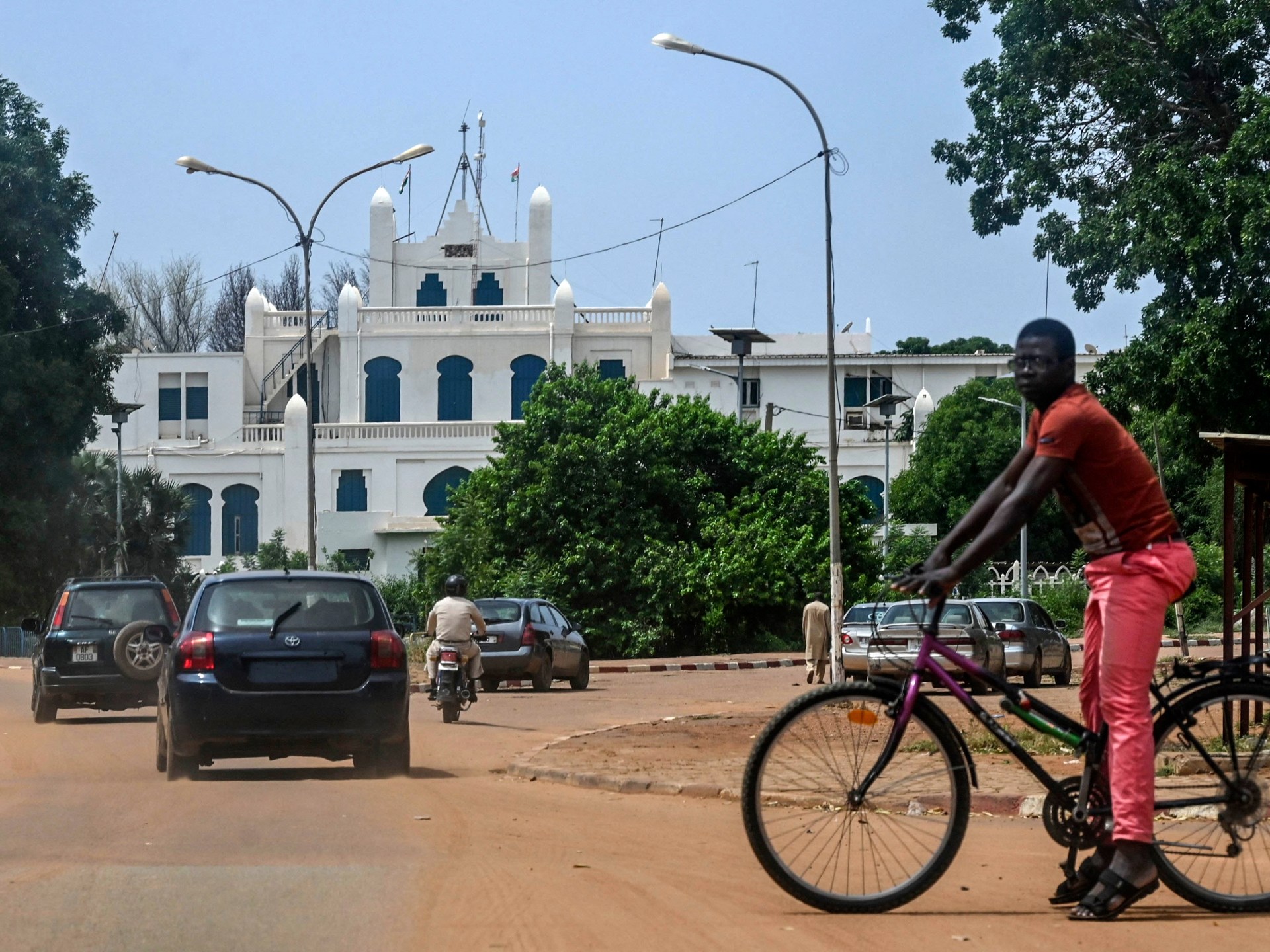
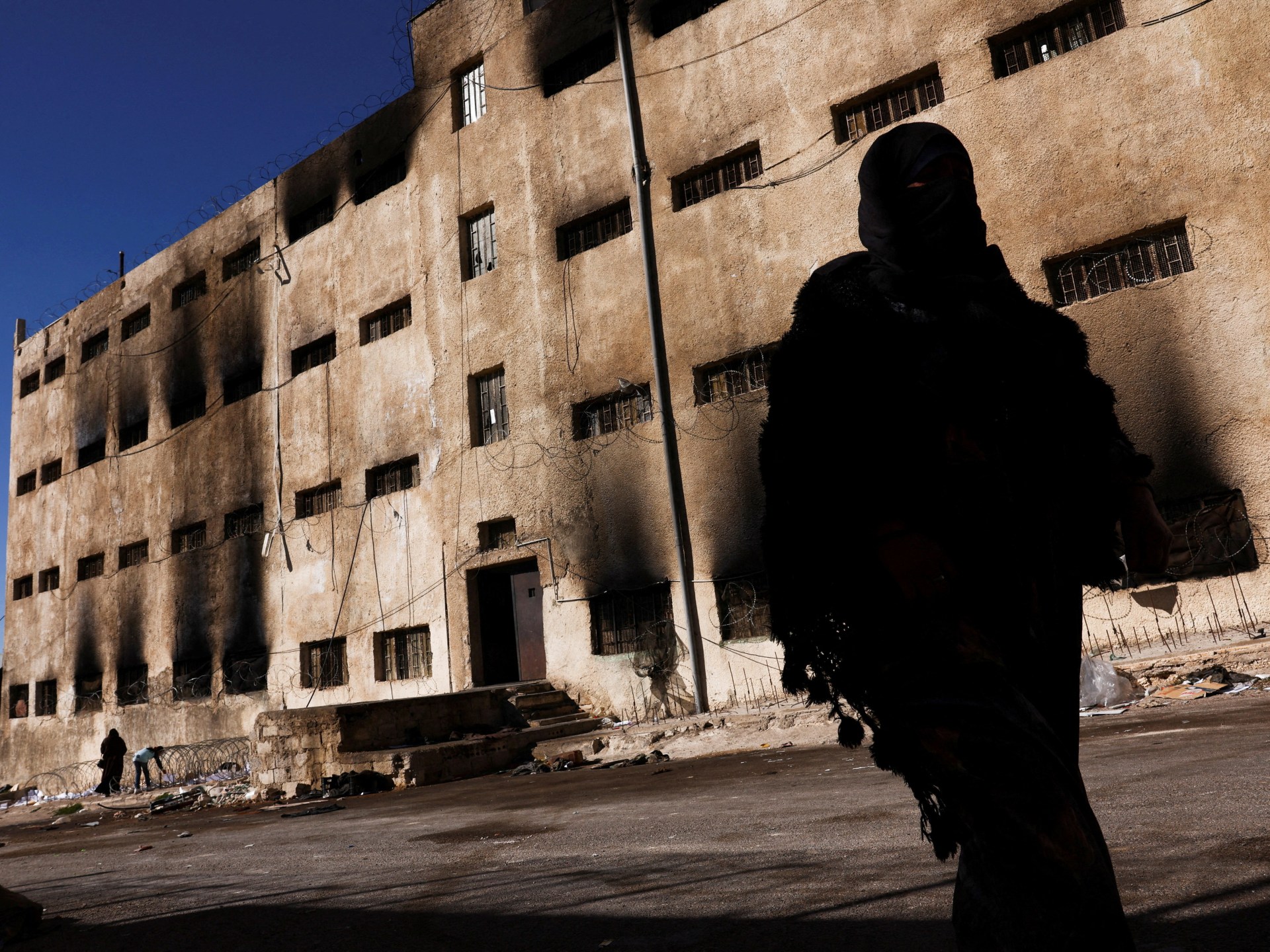
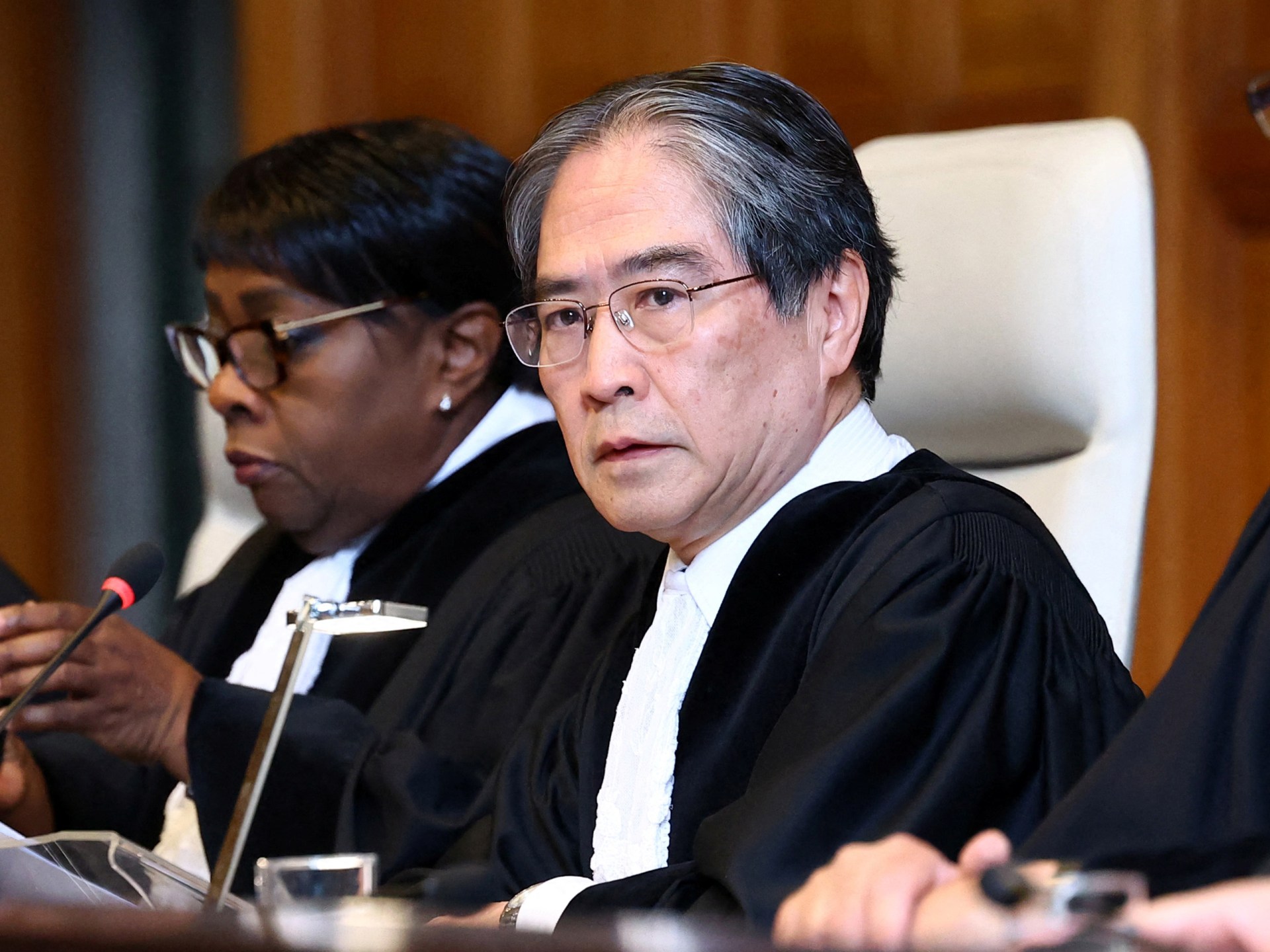
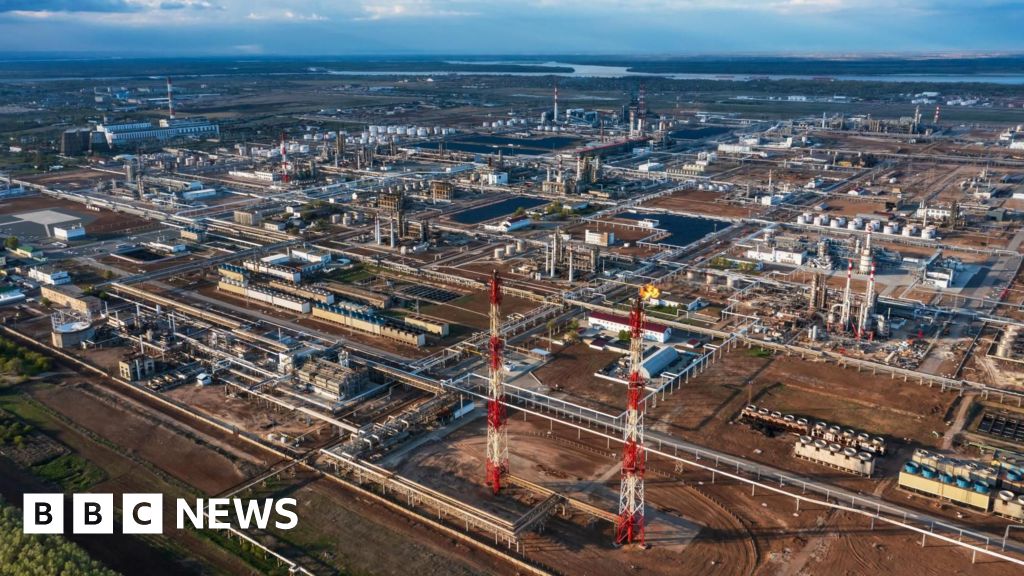

Leave a Reply